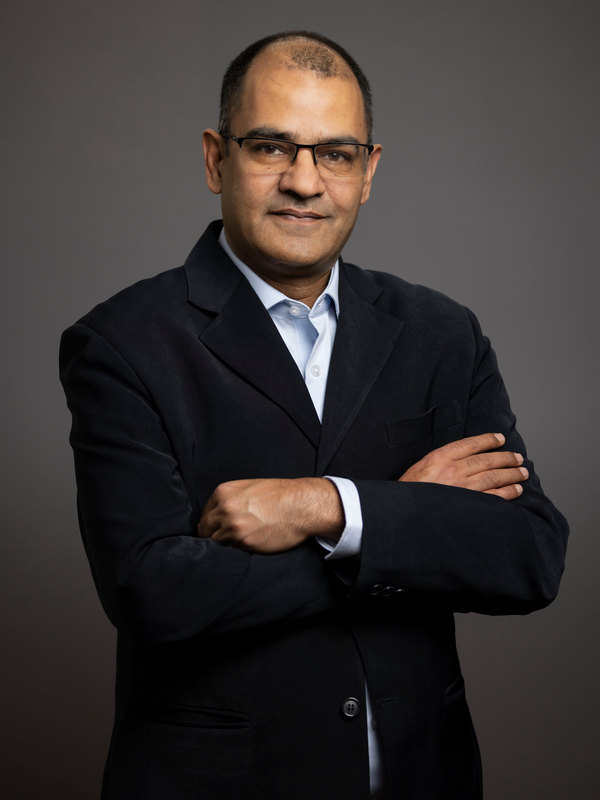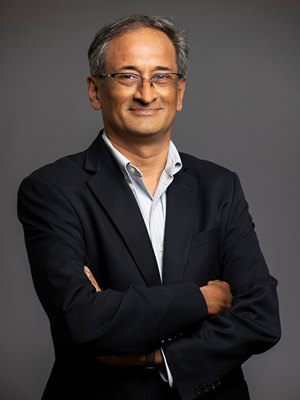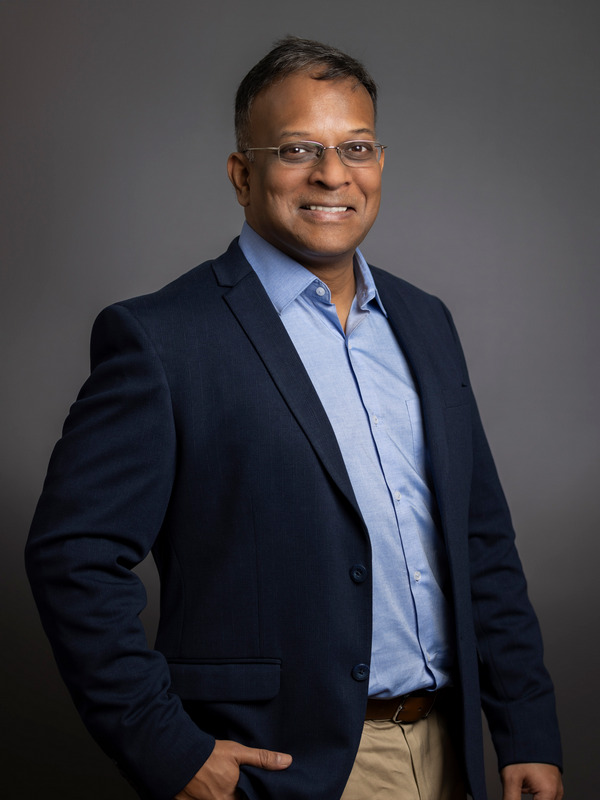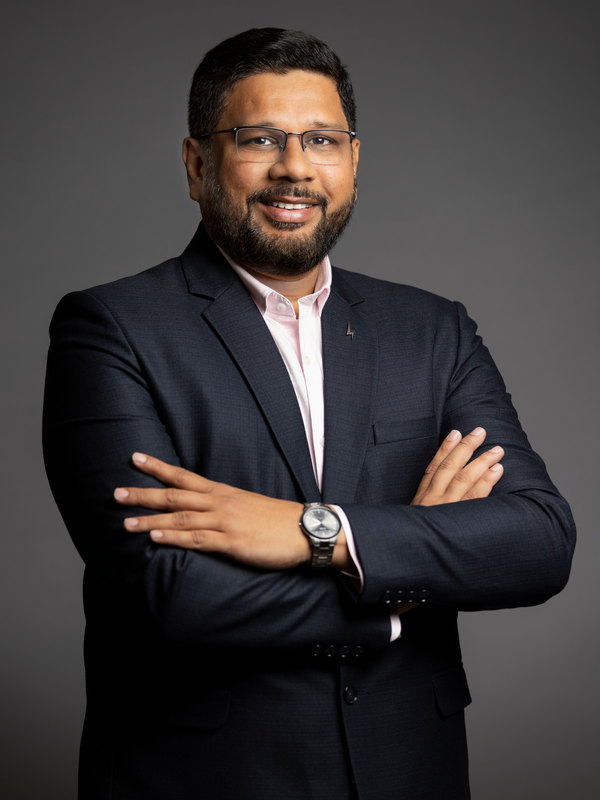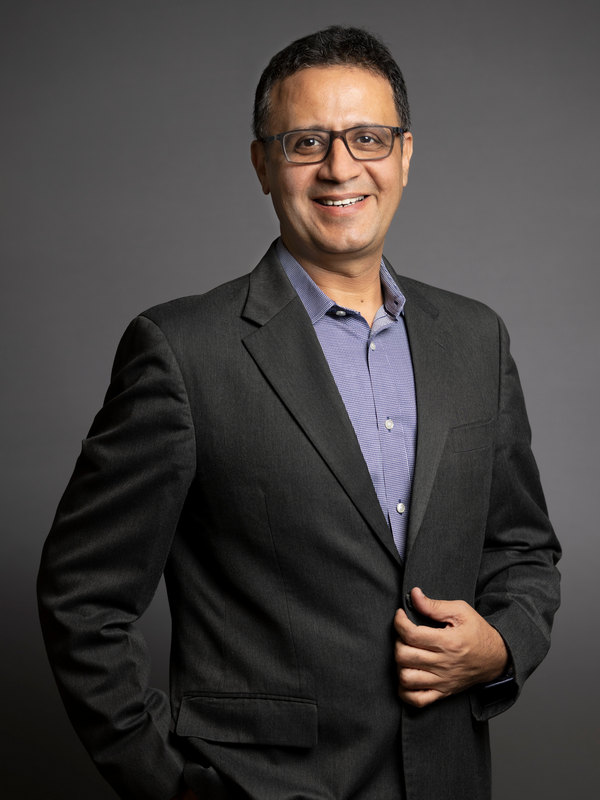My motivation to pursue a career in portfolio management came after reading Janet Lowe’s “Benjamin Graham on Value Investing.” This book opened my eyes to the world of value investing. Here was a simple and logical way to invest money and also doing it in a safe manner. For me, it was a profound awakening, and set me on a path of continuous education.
My journey to entrepreneurship and the founding of Banyan Tree Advisors was influenced by a long-held desire to be an entrepreneur. I remember that at an interaction with a professor at IIM Bangalore, I was told that I was at the wrong place, because the institution trained managers, not entrepreneurs. This only fueled my desire.
After my MBA, however, I worked at a number of financial services firms for the next six years. In between these jobs, I managed to take a 9-month sabbatical, traveling around India with a backpack. In my last job, Multi Act, I met Shyam and then Ravi (BITS and IIMB batchmate). Both are now my business partners at Banyan Tree.
Initially, when Banyan Tree started in 2004, it was just the four of us—Ravi, Kishore, Srinivas, and me. Despite the challenges, it was a fun and rewarding experience. From the beginning, BT has been profitable. We aimed to run a conservatively managed company, similar to our investee companies, with top management on variable pay. SEBI’s increasing net worth requirements also posed some challenges, and that needed tight cost control and cash conservation in the early years. Despite those initial difficulties, it’s been a great journey for all of us over the last 20 years. There have been some heady heights, and also the inevitable lows that go with such a journey.
At Banyan Tree, our goal has always been to provide good risk-adjusted returns for our clients with lower volatility than the market. Client interests are at the heart of BT, and we strive to care for our employees, helping them grow while being guided by our values of passion, integrity, excellence, and customer interest. We don’t believe in setting numerical targets; instead, we focus on our journey, confident that we will achieve all milestones over time. In the future, we will continue to keep our customers and employees at the centre of the enterprise, and strive for excellence, while maintaining integrity.
These days, at Banyan Tree, I actively participate in Fund Management. I also have the responsibility to bring out the newsletter every month, with the help of the investment management team.
I feel passion is very important in life. Whatever you do, you should do it with gusto – with your full heart and soul into it. And one value we all share as founders at BT is the value of integrity, which I think is very critical to a human being. It’s a great honour to have the responsibility of looking after the hard-earned earnings of so many clients. We treat it as a great responsibility, and I try my best to give my best.
Outside work, I enjoy poker, music and squash. I am also deeply interested in personal growth, and I seek a deeper understanding of the world within and around us by reading a range of spiritual literature.

